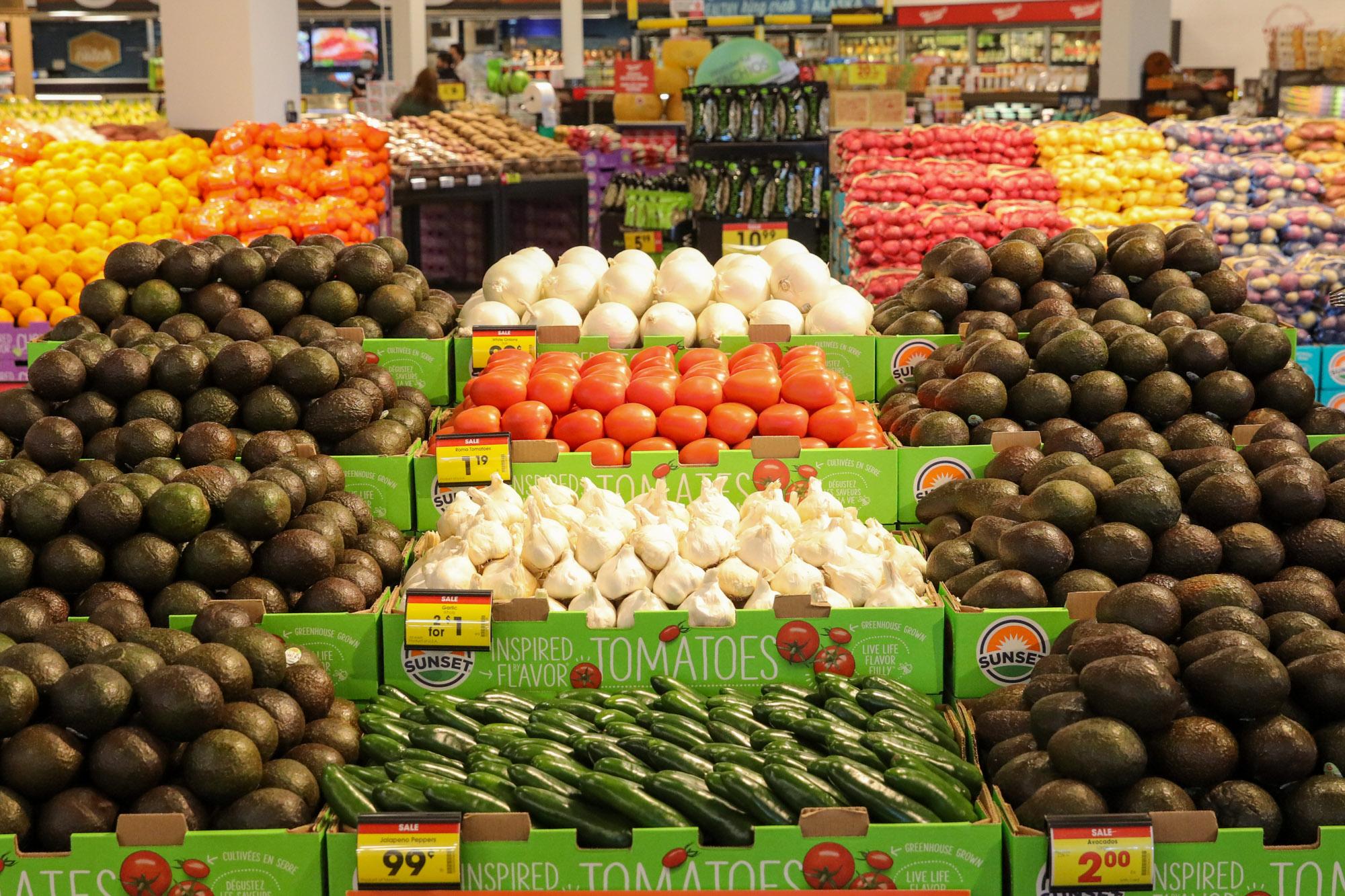
There is a little bit of good news for consumers who’ve watched prices for just about everything tick up dramatically — prices are now rising more slowly in Denver as federal regulators try to keep inflation in check.
An index that measures prices for everything from gasoline and groceries to airplane tickets and housing increased by 6.4 percent in January compared to 2022, according to U.S. Bureau of Labor statistics. That’s down from an annual increase of 6.9 percent in November, the last time the rate was calculated. At this time last year, prices were surging more than 9 percent in Denver.
The trajectory mirrors the national trend, with U.S. prices up 6.5 percent in January. That’s good news for consumers that have watched the bills for everyday items grow unabated for more than a year. But still, inflation is stuck far higher than the government’s target rate of between 2 percent and 3 percent.
In the Denver region — which includes Adams, Arapahoe, Broomfield, Clear Creek, Denver, Douglas, Elbert, Gilpin, Jefferson and Park counties — prices for a lot of things remain stubbornly high, even if they’re not rising as fast as a year ago. For instance, fruits and vegetables cost almost 13 percent more than they did at the same time last year. And household energy bills are up more than 13 percent. On the flip side, used car prices have fallen more than 10 percent.
Since November, prices for food broadly speaking are up 2 percent and used car prices are down about 4 percent.
Newly released data on spending in the U.S. shows that retail sales jumped in January, meaning people remain largely undeterred by how expensive things are. While that’s good news for the overall economy, it’s not great news when it comes to putting the brakes on inflation.
The persistent price increases mean the Federal Reserve is likely to keep raising interest rates, making it more expensive to borrow money and slowing demand for large purchases that many people take out loans to buy. The central bank’s efforts have already slowed demand in the housing market. Home prices in Denver, Colorado’s largest housing market, are down about 1 percent since last year, after a record-setting run of double-digit gains during the pandemic.
More Colorado business news:
- For some downtown Denver businesses, free rent on the 16th Street Mall has come with a catch
- It looks like the Suncor shutdown is driving up gas prices
- Colorado saw a lot of businesses open at the end of 2022 — and a lot close, too
- Sparse shelves and high prices: Colorado’s egg shortage is likely driven by avian flu
- Economic pessimism persists among Colorado’s businesses, even as unemployment and GDP outpace expectations









